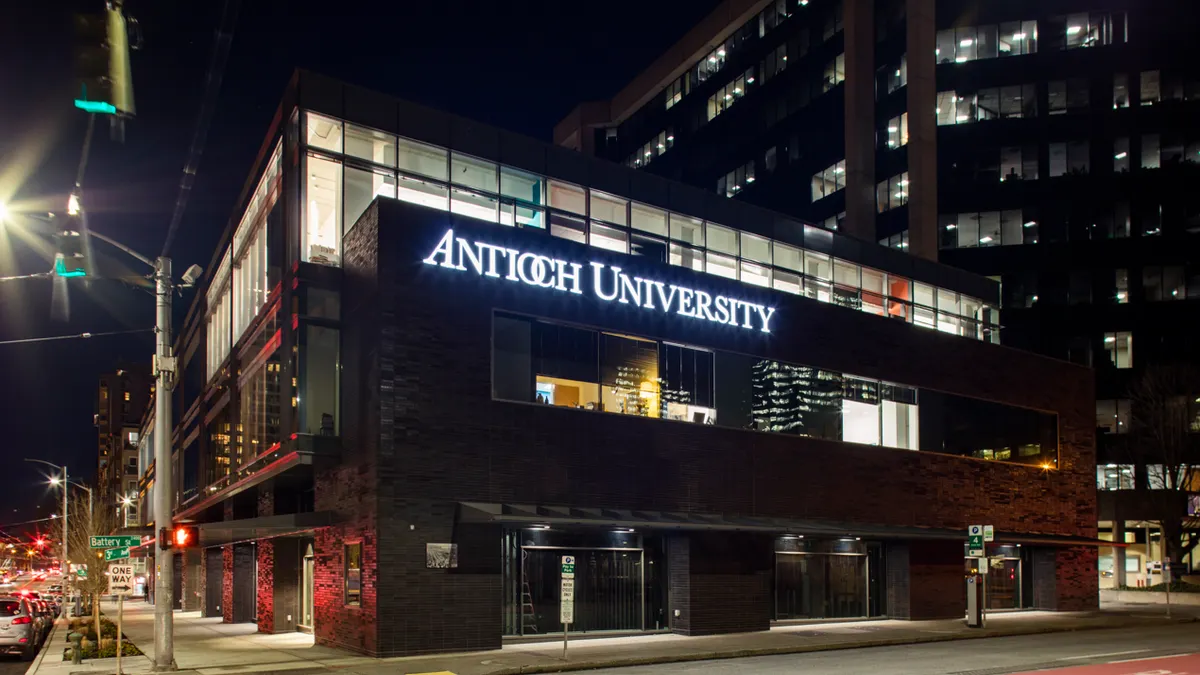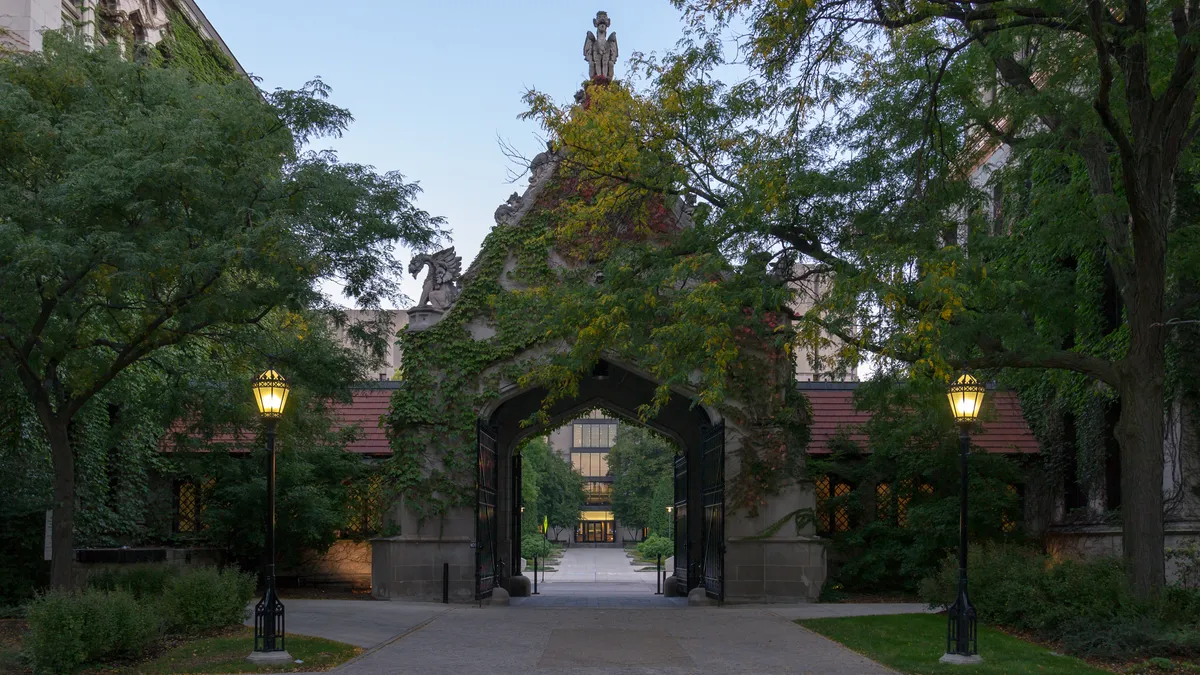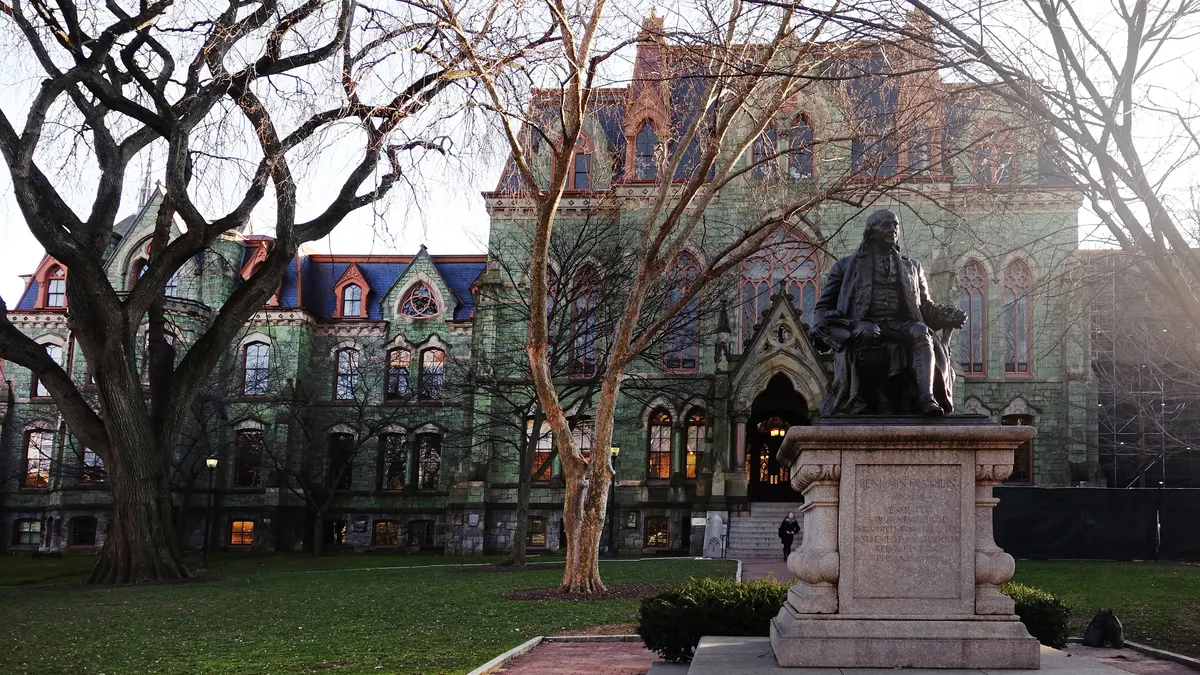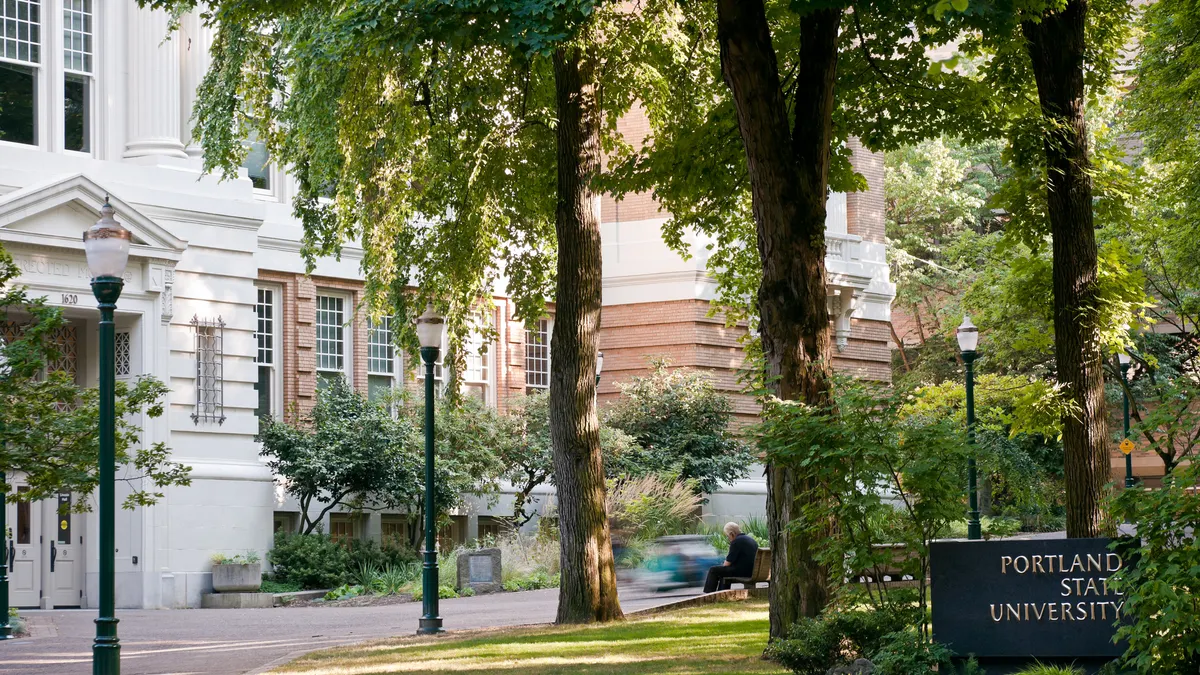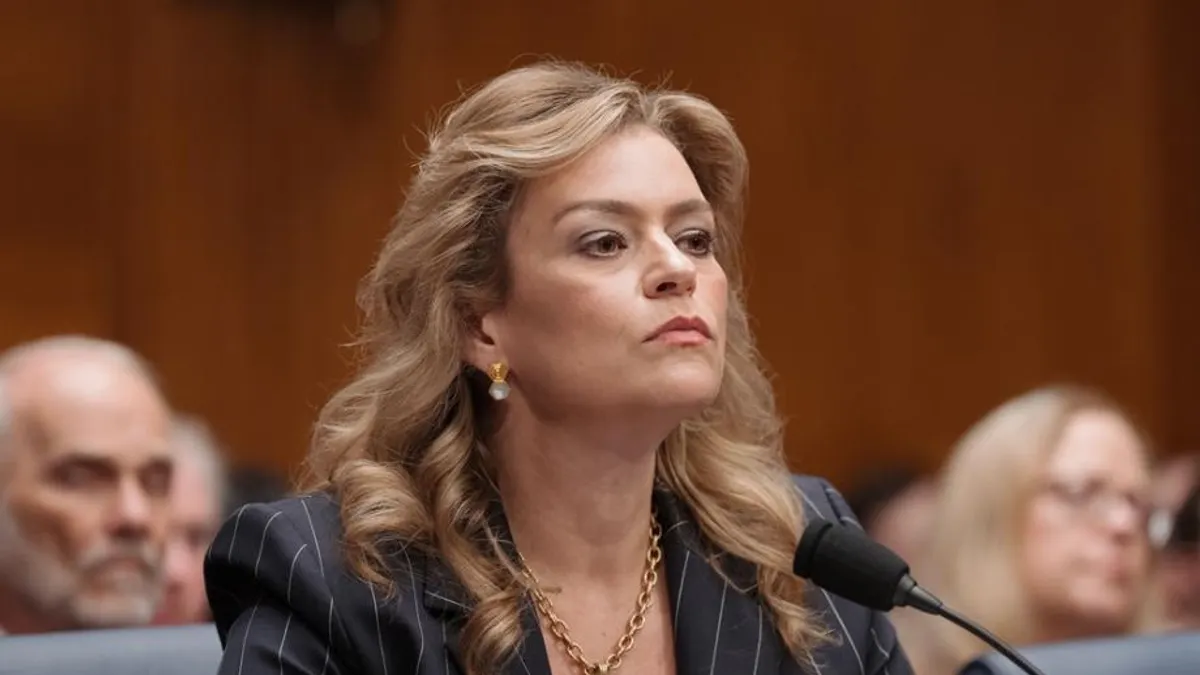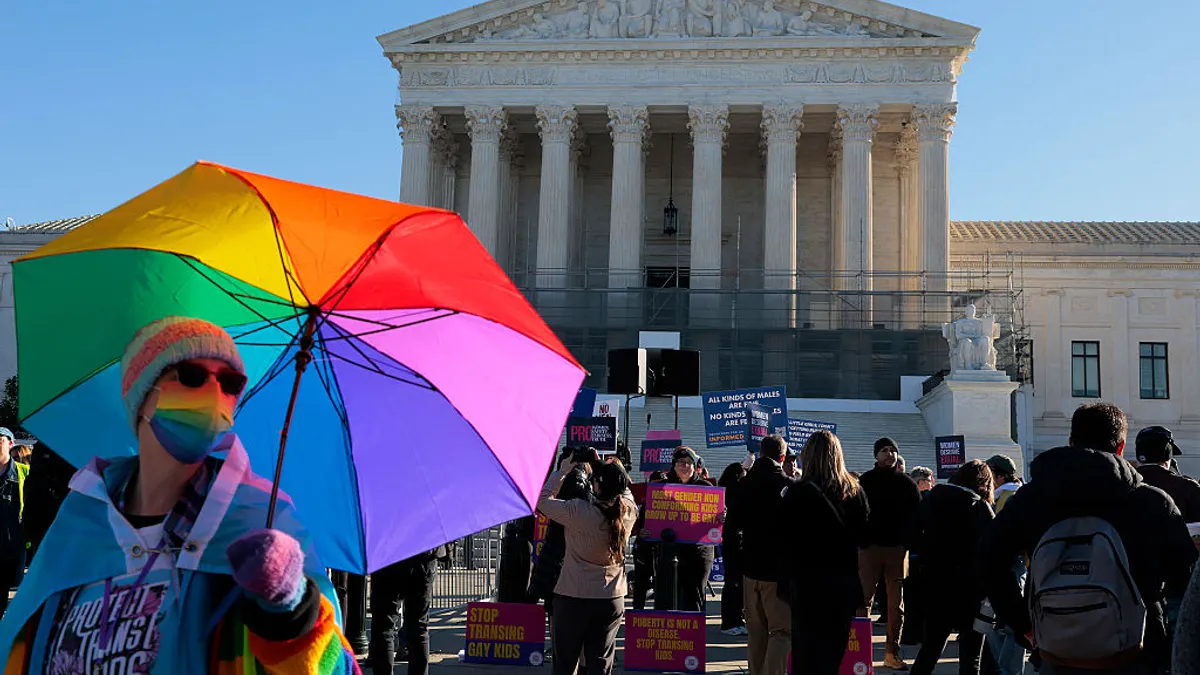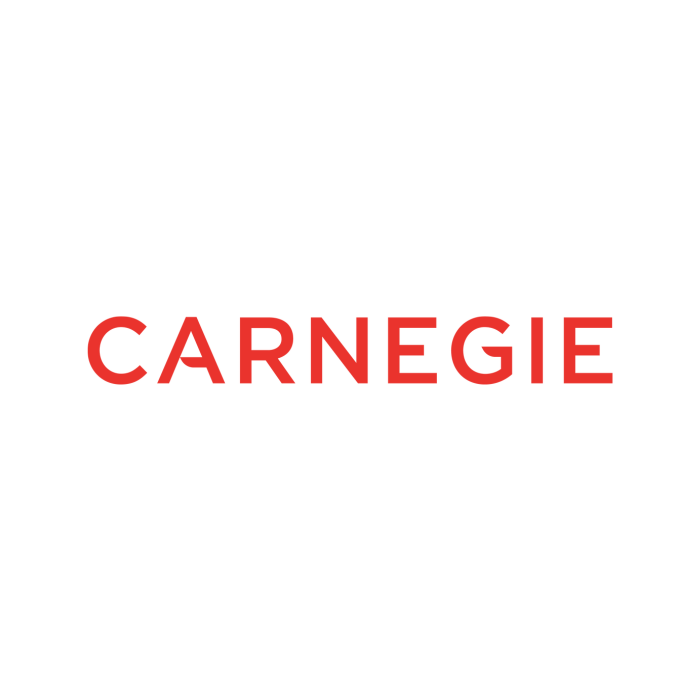Antioch University is unique among U.S. colleges in many ways, but it is looking for some like-minded friends.
Lori Varlotta became the private institution’s 23rd president in August. The first person to hold that title was Horace Mann, the abolitionist and education reformer who is sometimes known by the lofty title “The Father of American Education.”
Since its founding in the early 1850s, Antioch has developed a model of experiential learning that melds practice with curriculum. Today, it has locations in California, Washington and New England, with online and low-residency programs as well. In fall 2023, Antioch enrolled 3,397 students, all but 300 of them in graduate programs.
Antioch is proudly progressive, with advancing “social, racial, economic, and environmental justice” baked into its mission statement — at a time when the Trump administration and many Republican lawmakers have become outright hostile to most of those aims.
The university also co-founded the Coalition for the Common Good with Otterbein University in 2023. The network aims to be a national higher education system that revolves around Antioch’s ability to provide and scale graduate programs for partner colleges. As president of Antioch, Varlotta is also executive vice president of the coalition. Otterbein President John Comerford leads the network.
Higher Ed Dive sat down with Varlotta to discuss how the shifting higher ed landscape affects the role of Antioch, the coalition’s ambitions and the demands on college presidents.
HIGHER ED DIVE: What attracted you to the position at Antioch?
LORI VARLOTTA: I'm a philosopher by training and a practitioner by trade. The notion of philosophy, as it translates the higher ed mission, is really important to me as someone that looks at those high-level concepts and values. I was extraordinarily excited about the alignment between my personal values and my personal mission an d the mission of Antioch University.
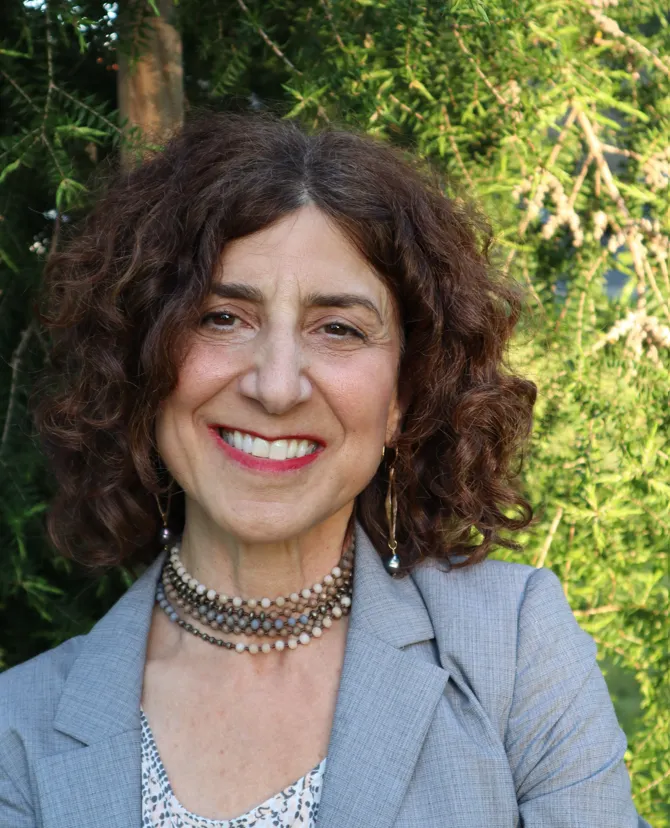
A lot of colleges say they offer experiential and student-centric education that aims to foster justice and the common good, but Antioch’s mission is applied to every degree program it offers.
Bachelor's degrees to Ph.D.s have an experiential component and applied learning component. Students are expected to do a project that not only augments their learning but improves the communities where they work and live. That notion of democracy in action was critically important to me as a long-time student of [philosopher and education reformer] John Dewey. I thought it was one of the best examples in the U.S. of how to teach democracy by doing.
What are you focused most on in your first six months or year?
Antioch University is this very unique system, largely of graduate schools that emphasize jobs and justice. While we care very much about student convenience and degree attainment, our priorities first and foremost are attracting students who want to learn by doing and impacting their communities at the same time they're earning their degrees.
It's very different from students who, understandably, just want to “skill up.” There's no pejorative judgment on that, but we attract a student who wants to build relationships and engage in a community. I'm not sure that everybody associates that flavor of graduate education with Antioch, but it is our bread and butter, and something we're very proud of.
We want to scale up, but more importantly, we want to attract this type of socially oriented, socially active, activist student who wants to learn by doing and not necessarily simply by enrolling in asynchronous courses. My focus is getting that word out and building a national brand around that type of learning at a moment when education for the common good and doubling down on democratic education is more necessary, I would argue, than ever.
And when you talk about democratic education, do you mean educating for the benefit of a democracy, or a democratic approach to education?
It's very much both. It's educating for democracy — helping students learn about democracy, not by reading about it, but by doing it. They are doing this by engaging in community organizations where they have to identify a mutually agreed upon goal and working with community groups, professional clinics, nonprofits, schools or churches in their community, where they go in as the learner and as the facilitator to help.
You can imagine that what a student might think can be done over the course of a single class or semester is often not easily achieved; that what they might assume are common interests are more divergent than originally anticipated; that they might have made an action plan with a faculty member that perhaps is a little more linear and neat than what unfolds in real life. These are perfect examples that help us as individual citizens understand how our whole democracy works.
We teach by allowing students to take risks and, frankly, to fail. That's a key lesson for democratic education in our democracy, sometimes we have to take things in smaller pieces and parts. We have to build coalitions. We have to listen to people whose voices are different from our own. We're hoping that adult learners may be a little more comfortable with taking risks and failing because by the time you’re in your 20s, 30s, 40s, 50s and 60s, you've had some failures, and you've still moved forward.
Social justice, environmental justice, things that are part of the university’s DNA are being targeted by the executive branch. How do you navigate that?
It is an advantage and, frankly, a blessing that education for justice isn't just our brand, it's our blood. We can and will stand tall and true to that commitment — not as an act of resistance, not as an act of poking the bear needlessly — but we're going to continue to do what we've always done.
We are not changing the names of our equity programs. We're not obscuring websites where these things live. We want to maintain a positive relationship with the federal government, and we want to do it by saying, “We are curious, and we're seeking to understand.” We're asking for the same — that they seek to understand the good work that we're doing. Do not write us off because our mission is equity-based, but to the contrary, look to see the kinds of projects, the real-life projects, that our students and our faculty have done, not for years or decades — but for centuries. Judge us on our work.
I would love to be the place where people who have questions about justice or equity could come and have a very spirited conversation without being antagonistic or ugly.
If you were at a conference or dinner with other college presidents who had never heard of Coalition for the Common Good, how would you explain it?
It truly is a new model for higher education. As someone who was a political philosopher at one point in my life, I look at it as a federation of sorts. It's a collection where, for the most part, undergraduate universities come together under a unifying aim.
The aim is to bring similarly-missioned institutions together to create additional course offerings for their undergraduate students. That could include additional majors and minors, and, very importantly, clear pathways to graduate education, as most undergraduate small private institutions don't necessarily have robust graduate offerings. The exciting thing about the coalition is that all of the individual undergraduate institutions retain their governing board, their mission, their brand and their institutional undergraduate offerings. They're not giving any of that up.
But they enter into a revenue-share with Antioch University, which becomes the graduate system of the coalition. All of the graduate degrees are offered through Antioch. They are Antioch degrees co-branded with the contributing institutions. The participating colleges get a revenue share of the tuition, but we're able to scale up graduate programs and increase them more quickly than most undergraduate institutions could without startup funds.
The institutions also benefit from participating in a shared service organization where we have common legal counsel and we aspire to have common learning management systems.
John Comerford and I together will work to expand the coalition and bring in schools like Otterbein that are small, private, largely tuition-driven and are in stable financial condition.
But this is not an acquisition. We're not looking to acquire institutions that simply can't stand on their own. We're looking to bring in institutions that want to grow in the graduate realm but don't have the financial startup capacity to grow that area of the institution.
The key driver to the coalition is growth, not savings. That's different from a mere shared services organization. It's about growing the graduate programs in ways so undergraduate colleges can actualize the revenues associated with high-demand graduate programs.
Do you have a vision for how big this could get?
We're not trying to have 50 [in the coalition]. We've only existed for a couple of years. A very ambitious goal would be to get to six to 12 colleges and then assess scalability beyond that so that we can not only be efficient but also really true to this mission. This is a coalition built on cooperation, and we're very serious about finding institutions that are very mission-oriented around this notion of democracy and social justice.
What would you tell someone potentially walking into the job of college president today for the first time?
It's like that old Peace Corps slogan — it's the hardest job you'll ever love. And it's more difficult now than it's ever been. I would ask them, are you willing and able? Are you brave enough to really create a student-centric institution? We must become student-centric institutions. By and large, most institutions are not — not because they are bad places, but because so many of our structures have long been set up to be faculty-, staff- and administrative-centric.
Are you ready to really limit your search to institutions whose mission aligns with your values? At age 40, 50 or 60 — you are not going to change your core values, and I can guarantee that the institution is not going to change its mission for you.
I would, third, tell them to know where your talents and energies are on the change spectrum. Institutions that don't change will die.
Where are you in your own change orientation? Is the institution at a stage where it needs a major disruptor? Are you that person? Is the institution at a stage where the major disruptor has just left and they need somebody to come in and assess? Are you that person? Has the institution already been disrupted and assessed, and is it one of the few that can be in more of a maintenance and tweaking stage? If you are somebody who loves to maintain solidly built structures and you are applying to an institution that needs to significantly change and disrupt, that mismatch is not going to be sustainable.
Then, finally, are you willing to be the target for almost all of the bad and most of the good? We get far more credit than we deserve in these positions, and we get far more blame.
Despite all the criticism, this is a field that does really attract passionate people. They want to make a difference. We get branded as being authoritarian or not caring about the students. But most of us, particularly those of us who have been in the field forever, we don't stay in this field to get rich. This is a calling. It's a vocation.”


